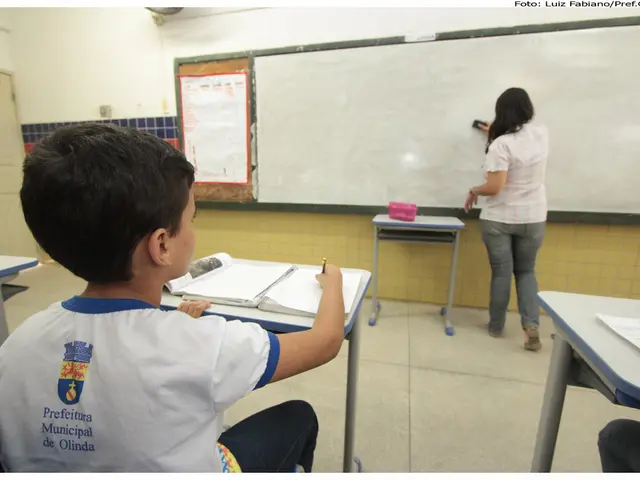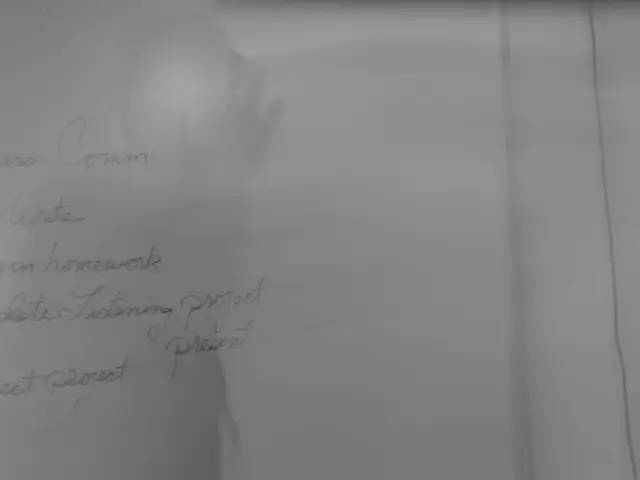Unlawful Detention Justifying Bail Release: Clarification by Karnataka High Court
In a series of recent rulings, Indian courts have demonstrated a nuanced and balanced approach to granting bail in cases involving procedural irregularities during arrest, particularly under the Bharatiya Nagarik Suraksha Sanhita (BNSS) of 2023.
On April 29, 2025, the Karnataka High Court clarified that procedural lapses or irregularities during arrest do not automatically entitle an accused to bail. Instead, a holistic appraisal of the facts and the overall circumstances of the case must guide the bail decision. This decision, which affirms a judicial preference for balancing liberty against investigation integrity under the BNSS framework, was made in the case of Edwin Thomas v. State of Karnataka.
Courts have also emphasized the importance of communicating the grounds of arrest "as soon as may be" and in writing. Failing to provide this information can amount to a material irregularity rendering the arrest invalid, as held by the Karnataka High Court. However, the State of Karnataka is challenging the retrospective application of such rulings.
Higher courts, including the Supreme Court, have reiterated that certain procedural irregularities may vitiate an arrest if they infringe on fundamental rights. But the courts also caution against a blanket rule that all procedural lapses should lead to bail or release, warning it could render many arrests illegal for relatively minor procedural defects, potentially jeopardizing law enforcement.
In bail matters involving procedural irregularities under other statutes such as the NDPS Act, courts have held that while procedural requirements must be respected, they do not inevitably result in bail if the gravity of the offense and evidence warrant continued custody. This principle complements the balanced approach also seen under the BNSS.
In summary, recent judicial decisions make it clear that procedural irregularities during arrest under Section 483 BNSS 2023 do not automatically guarantee bail. The grant of bail depends on a comprehensive evaluation of the circumstances, including the nature of the offense, evidence, and the specifics of the irregularity. However, material procedural violations affecting fundamental rights can vitiate an arrest and strengthen bail pleas. Courts are cautious about overly technical grounds that could undermine criminal investigations.
This evolving jurisprudence under BNSS marks a careful balancing act between protecting individual liberty and ensuring the efficacy of criminal justice administration. It is a reminder that while procedural fairness is crucial, it should not be misused as a means to evade prosecution.
[1] Article 22(1) of the Constitution of India states that no person who is arrested shall be detained in custody without being informed, as soon as may be, of the grounds for such arrest. [2] Article 22(2) of the Constitution of India states that every person who is arrested and detained in custody must be produced before the nearest Magistrate within 24 hours of such arrest. [3] The right to life and personal liberty is enshrined under Article 21 of the Constitution of India. [4] The police authorities have a duty to ensure that arrests are conducted according to law and that the rights of the arrested person are not infringed upon. [5] Atul N Menon and Shrikanth Kashyap are the authors of this article, both being Partners and Associates at Saga Legal. [6] The opinions expressed in this article are those of the authors and do not necessarily reflect the views of Bar & Bench.
[1] In light of the significance placed on informed arrest, education and self-development about the Constitutional provisions such as Article 22(1) could prove beneficial for understanding one's rights during an arrest.
[2] Additionally, the importance of producing an arrested person before a Magistrate within 24 hours, as stated in Article 22(2), could be a subject of interest for those seeking knowledge on the Indian legal system and individual rights, ultimately contributing to overall self-development.




